Ropar, April 16 — At the “Roots of Revolution” seminar held at IIT Ropar to commemorate the birth anniversaries of social reformers Mahatma Jyotiba Phule and Dr. B.R. Ambedkar, journalist and Editor-in-Chief of DNN Hindi, Vaibhav Kumar delivered a compelling keynote address that challenged prevailing misconceptions and illuminated Dr. Ambedkar’s wide-ranging contributions beyond caste emancipation.
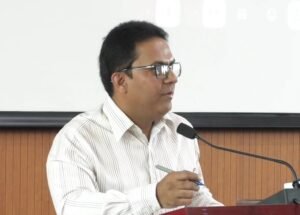
Vaibhav Kumar
Speaking to a packed hall of students, academics, and Ambedkarite thinkers, Kumar emphasized the need to move beyond reductionist portrayals of Ambedkar as merely a Dalit icon. He presented a holistic view of Ambedkar’s legacy — from engineering India’s economic infrastructure and social justice framework to laying the foundation for energy security, women’s rights, and fiscal federalism.
“Ambedkar wasn’t just the chief architect of the Constitution,” Kumar stated. “He was also a visionary behind India’s first hydroelectric and river valley projects, the Reserve Bank of India, labour reforms, and gender equality.” Citing landmark projects like the Damodar Valley and Bhakra-Nangal dams, and Ambedkar’s role in conceptualizing a national power grid, Kumar argued that Ambedkar had envisioned India’s development decades ahead of his time.
The speech also addressed systematic attempts to erase or distort Ambedkar’s legacy. Kumar debunked the conspiracy theories promoted by critics like Arun Shourie and highlighted the marginalization of Ambedkar in mainstream narratives — including in films like Gandhi (1982) and novels such as Mulk Raj Anand’s Untouchable. He contrasted this with glowing international recognition, such as Columbia University’s 1962 citation describing Ambedkar as “a great social reformer and valiant upholder of human rights.”
Drawing on rare archival references, Kumar underscored Ambedkar’s pivotal role in shaping policies on equal pay, maternity benefits, and state-sponsored education for marginalized communities. He also pointed to historical records, including Edwina Mountbatten’s private letters, which recognized Ambedkar as “the only genius who can give equal justice to every caste and creed.”
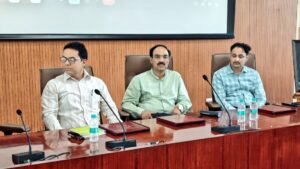
Kumar concluded by asserting that reclaiming Ambedkar in his full intellectual and institutional form is crucial to India’s democratic future. “To understand Ambedkar is to understand the soul of modern India,” he said.
The seminar, organized by IIT Ropar’s Social Justice Cell, also featured panel discussions and student presentations celebrating the egalitarian philosophies of Phule and Ambedkar. The event aimed to foster critical reflection among youth on issues of caste, equity, and nation-building.
Vaibhav Kumar’s address was met with a standing ovation and is expected to be circulated widely among academic and activist circles in the days ahead.
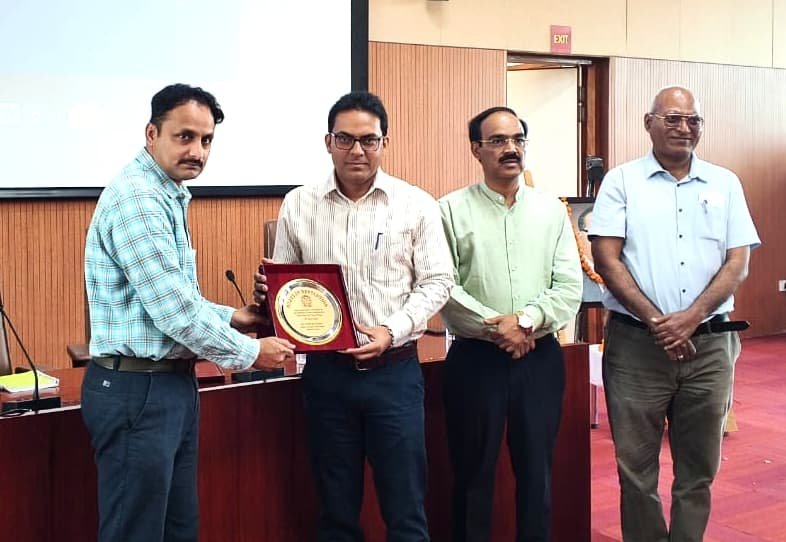
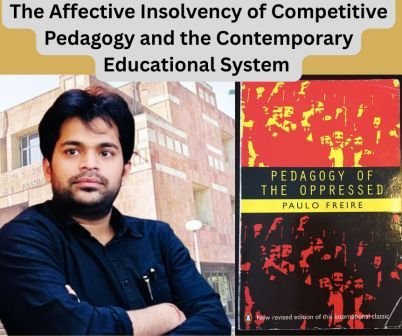

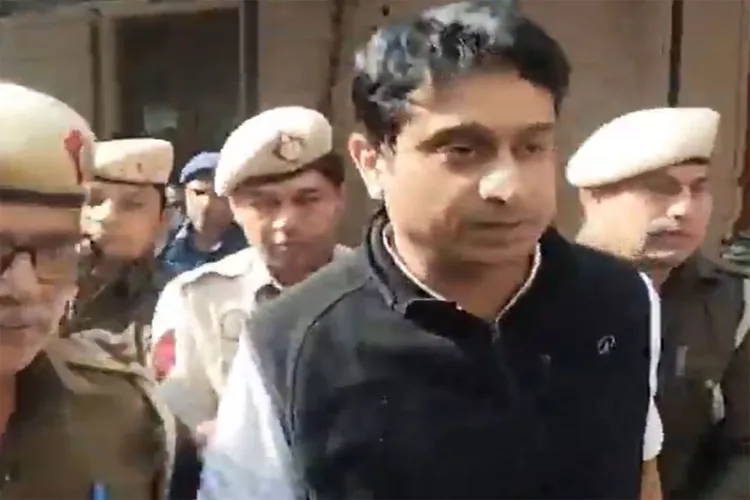
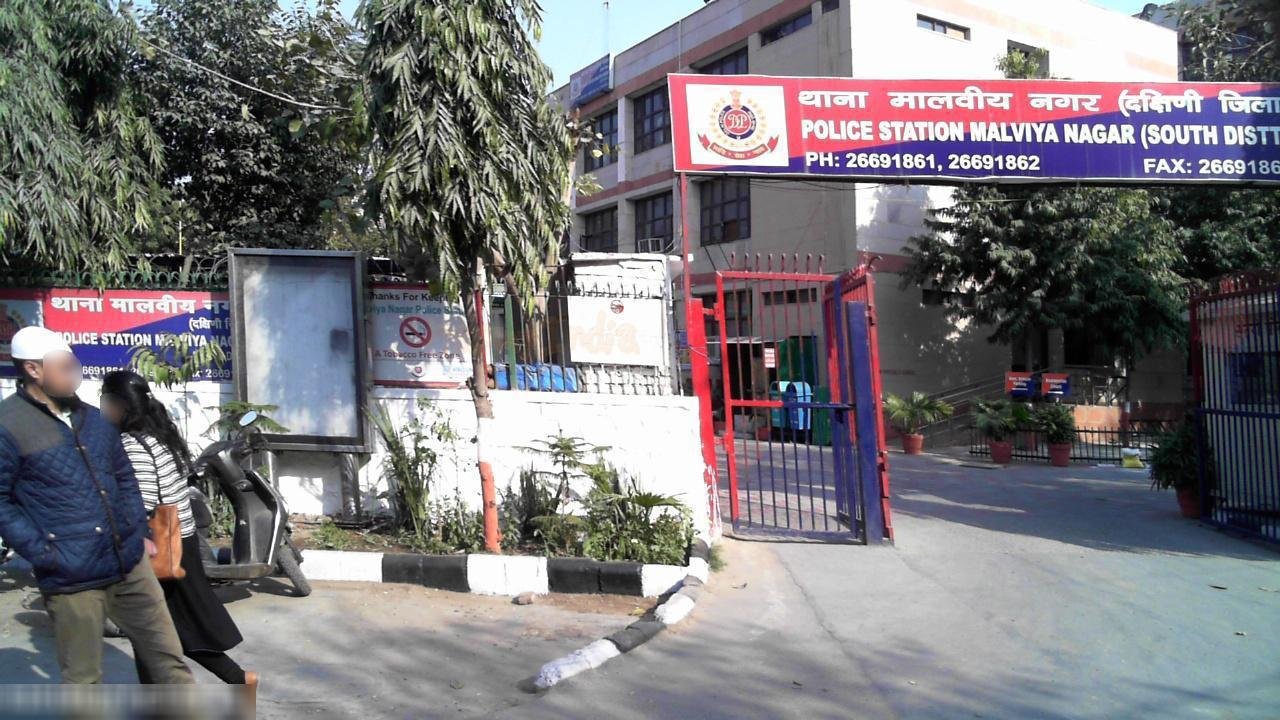

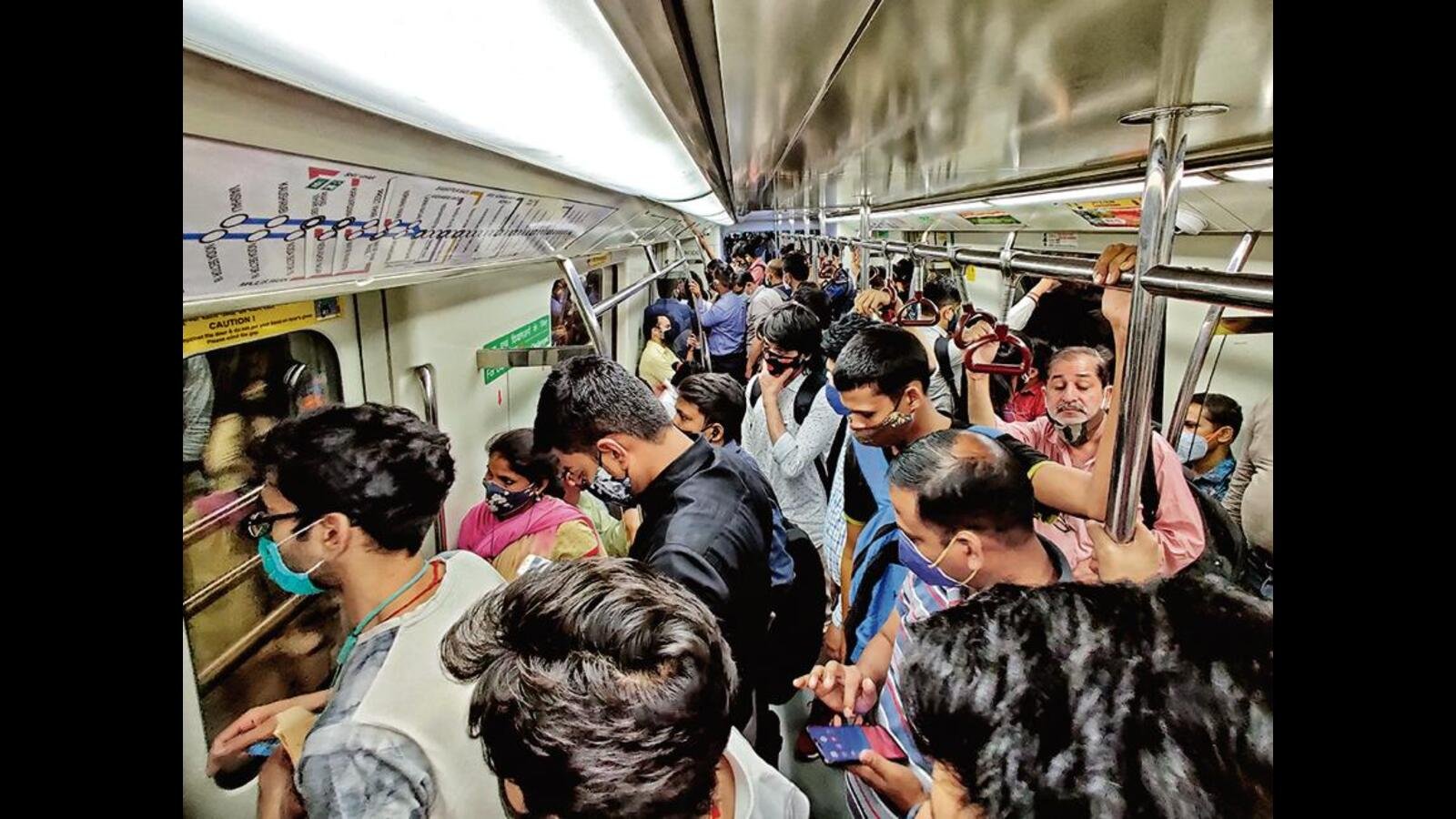
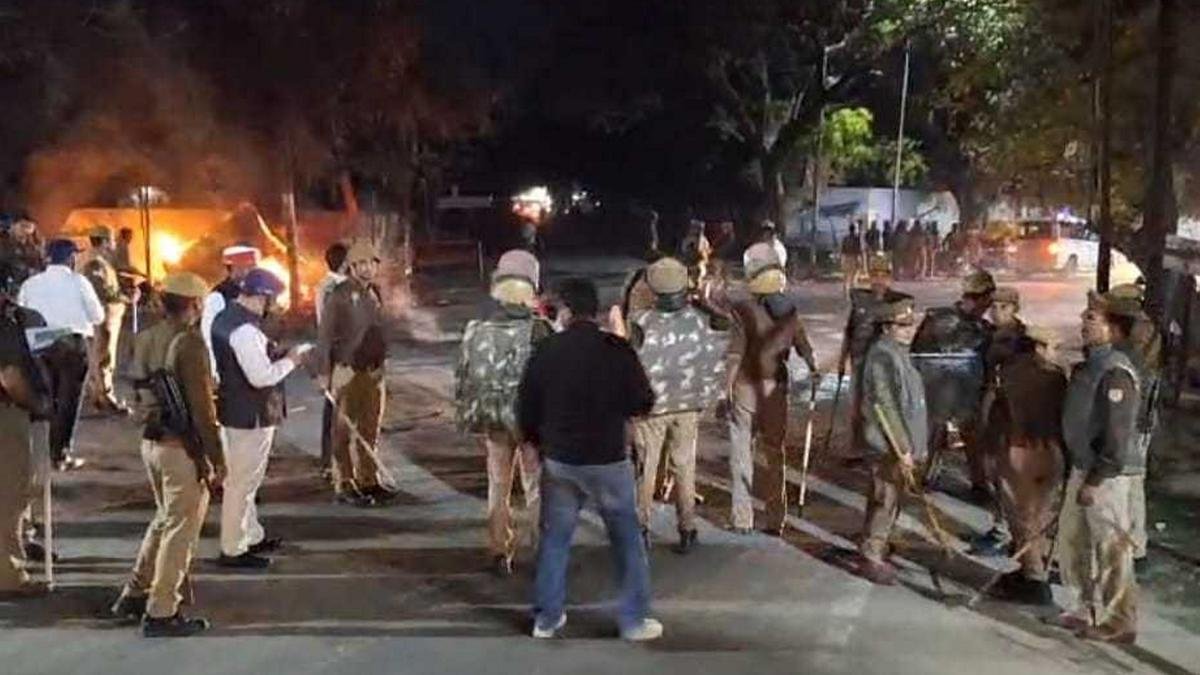

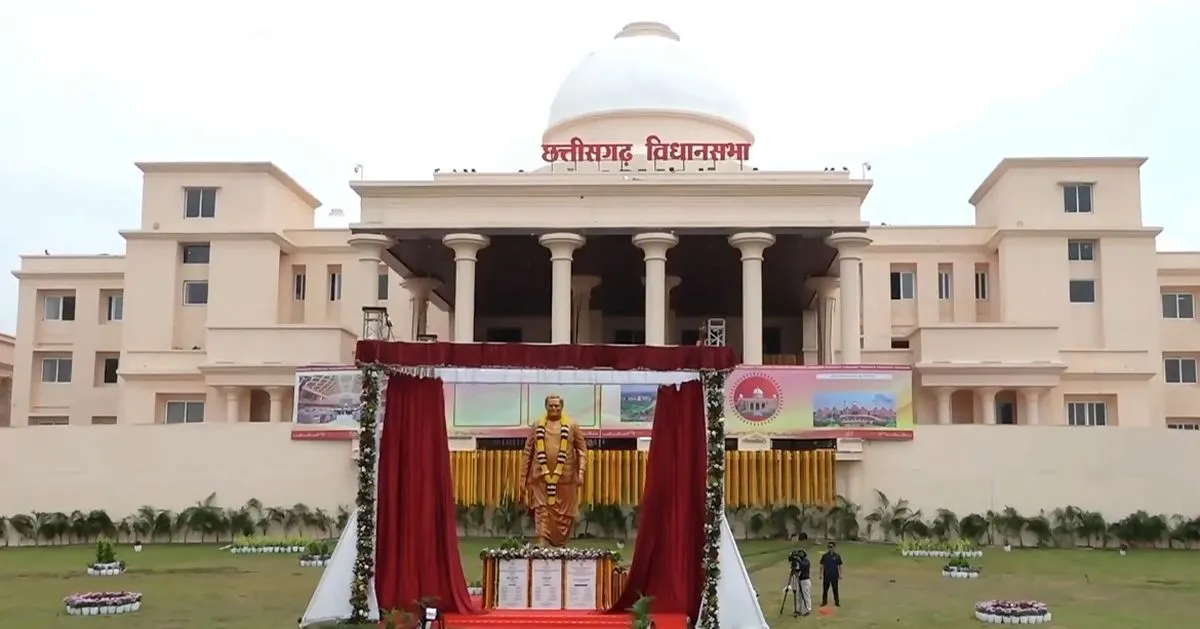


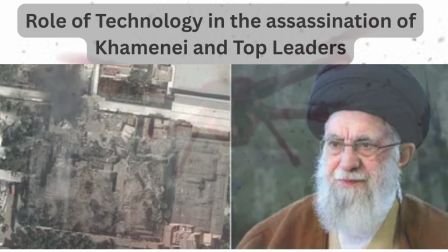

Leave a Reply